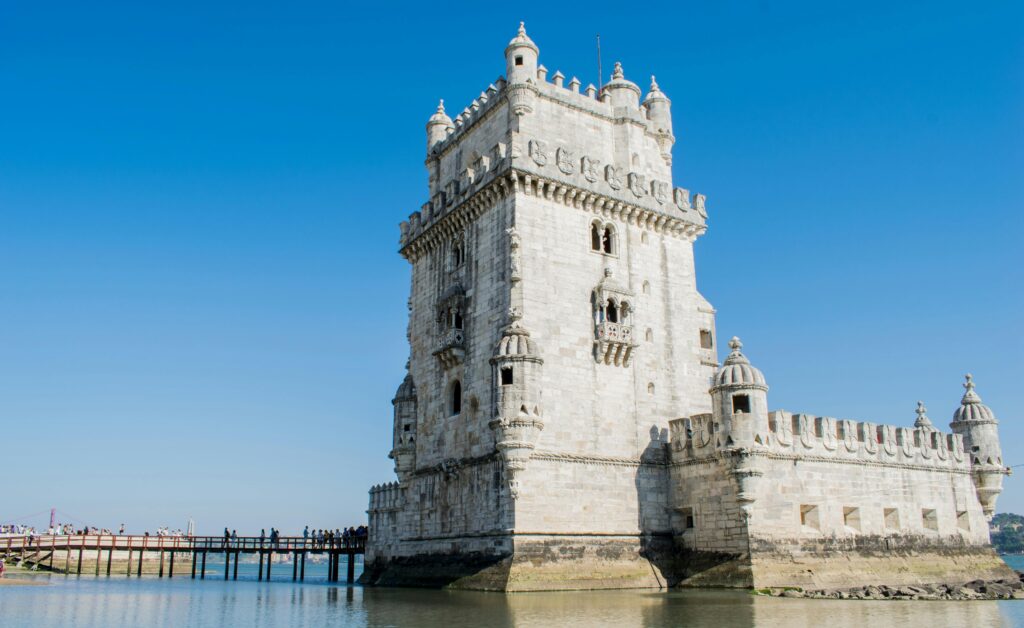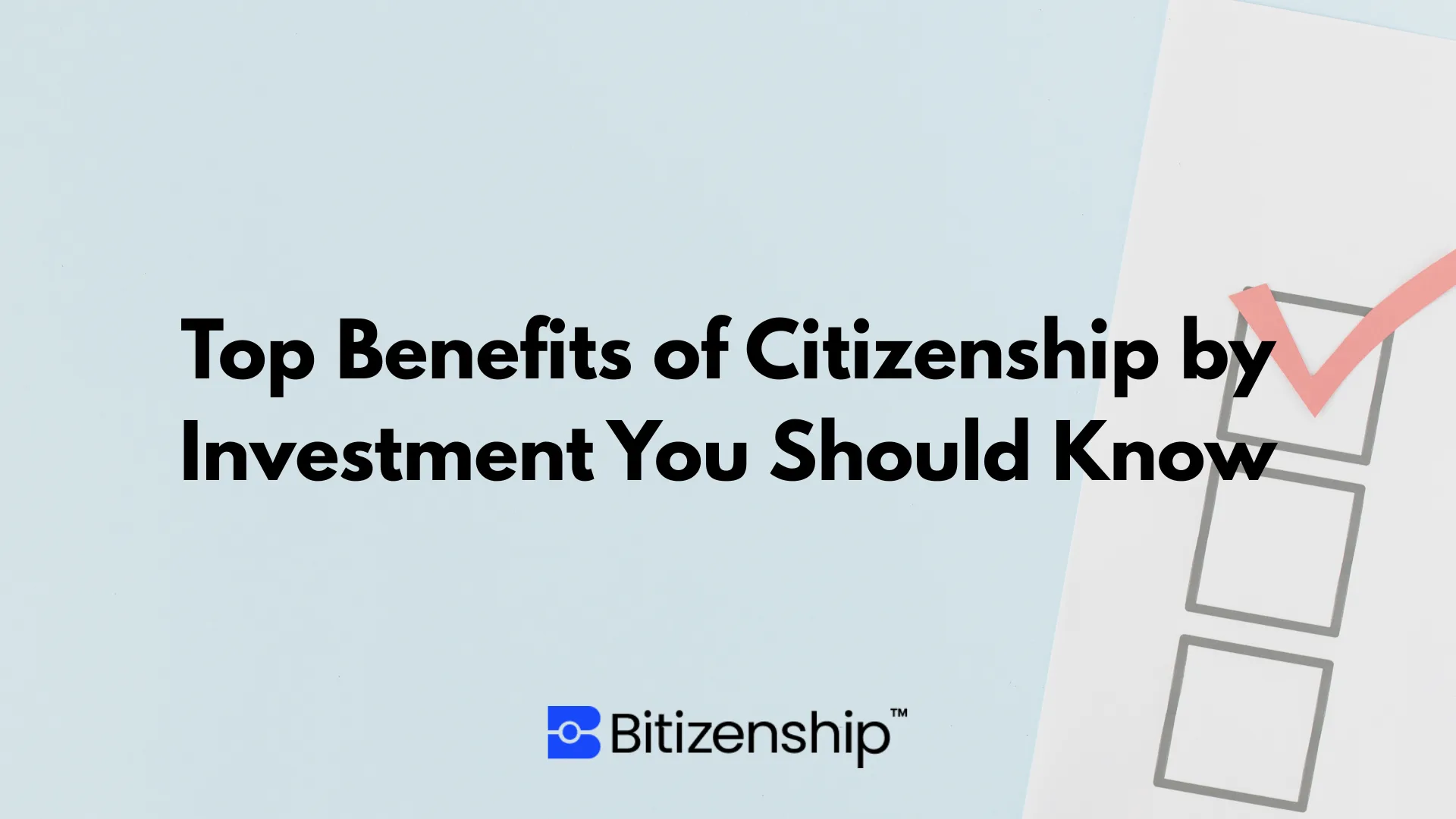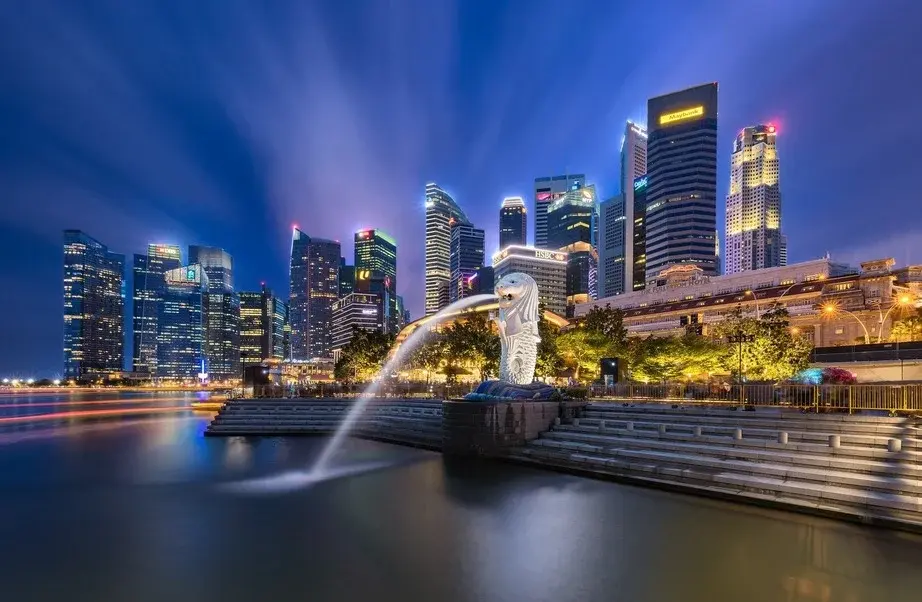Portugal’s D8 Visa is a lifestyle upgrade for remote workers, freelancers, and digital nomads craving a European hub. Think affordable living (€2 coffees, €15 seafood feasts), reliable high-speed internet (for hitting deadlines between surf sessions), and a welcoming community.
However, is this visa all golden beaches and tax perks? Not quite. While the D8 offers a path to residency and a lower cost of living, there’s fine print lurking behind the Instagram-worthy scenes.
Let’s break down everything you need to know about Portugal’s D8 visa and find out if this is your perfect ticket to remote work bliss.
What is the Portugal D8 Digital Nomad Visa?
First things first, the Portugal Digital Nomad Visa allows freelancers and remote workers to live and work in Portugal. Unlike traditional visas that require a job with a local employer, this visa lets you earn income from your home country while enjoying life there. Talk about working with Portugal’s scenic beauty as your backdrop, all while maintaining your existing income sources.
The D8 Visa is a long-term residency permit, initially valid for one year and renewable. After five years of residency, you can apply for permanent residency or citizenship. If you’re seeking new scenery, the D8 offers a coastal lifestyle with access to Lisbon’s vibrant cityscapes or Porto’s beachfront charm. You can swap your familiar surroundings for sunny coasts, historic towns, and a relaxed pace of life without giving up your career abroad.
Who is Eligible for the D8 Visa?
To apply, you must prove you can financially support yourself in Portugal. This means showing a stable monthly income from freelance or remote work.
Minimum Income Requirements
The minimum amount is four times the minimum wage in Portugal, which would amount to approximately €3,480 per month. This doesn’t mean that you have to stick to this figure. The more the numbers, the higher the chances of you getting the visa.
Who Can Apply?
The D8 Visa is designed for:
- Freelancers or self-employed individuals
- Remote employees with a foreign employer
- Entrepreneurs with online businesses
You must provide proof of work, such as employment contracts, client invoices, or business registration documents. As long as you have these documents, the process of securing a D8 visa will become easier.
Health Insurance and Criminal Record Checks
Applicants must have private health insurance valid in Portugal until they qualify for the public healthcare system (SNS). You’ll also need a clean criminal record, confirmed by a police clearance certificate from your country of residence over the past five years.
How to Apply for the D8 Visa
Now that you understand the basics, let’s break down the application process to avoid hiccups.
1. Documents You’ll Need
- A valid passport (with at least six months remaining)
- Two passport-sized photos (4.5×3.5 cm)
- Proof of remote income (employment contracts, client invoices, tax returns)
- Recent bank statements showing consistent earnings
- Portuguese tax identification number (NIF)
- Private health insurance valid in Portugal
- A clean criminal record certificate from your country of residence (past five years)
- Proof of accommodation (rental agreement, property deed, or hotel booking)
- A motivation letter (in English) explaining your reasons for moving to Portugal
2. Application Steps
- Visit the Embassy/Consulate: Collect the D8 visa application form from your nearest Portuguese consulate or embassy.
- Complete the Form: Fill in all details accurately and book an appointment.
- Submit Documents: Hand in the form and required documents and pay the application fee (typically under €200).
- Interview (if required): Be prepared to discuss your remote work setup, income sources, and reasons for choosing Portugal. Highlighting ties to Portugal (language study, cultural interests) can strengthen your case.
3. Processing Timeline
It typically takes 2-3 months for the entire thing to be processed and for your passport to get delivered with the visa stamped on it. The Portuguese consulate gets about 90 days to decide whether they are going to grant you the visa or not. If you get the green light, you get to stay in Portugal for 120 days.
During your 120 days of stay, you can apply for permanent residency, which again takes about 90 days to be issued. Moreover, work permits are typically finalized by SEF within 60 days of applying.
Once your residency is approved, you’re free to enjoy Portugal’s coastal lifestyle, historic cities, and laid-back pace while continuing your remote career. Pack your bags, and get ready to turn your European workation dream into reality.
Can You Bring Your Family on the D8 Visa?
Yes! The D8 Visa allows you to bring family members, provided you can financially support them. Here are three things you must keep in mind:
1. Family Reunification Rules
To qualify, your income or savings must exceed the base requirement. For a spouse or legal partner, you’ll need to show an additional 50% of the €3,480 monthly minimum. For each child or dependent (under 18), add 25% per child. Adult children over 18 may qualify if they’re unmarried, financially dependent (such as students), or have disabilities. Approved family members gain access to Portugal’s public healthcare and education systems.
2. Required Documentation
You’ll need to submit documents proving your relationship to family members, such as marriage or birth certificates. Updated financial statements must reflect the increased income or savings required to support dependents. Health insurance covering all family members for their stay in Portugal is also mandatory.
3. Costs and Taxes
Before applying for Portugal’s D8 Visa, consider both the costs and tax implications. The visa application fee is €90, paid when submitting documents at a Portuguese consulate. If approved, you’ll pay €158 for your residence permit card. Private health insurance is mandatory until you qualify for Portugal’s public healthcare system (SNS), and it costs €300–600 annually.
You’ll also need a Portuguese taxpayer number (NIF), which costs €10–15 and is required for tasks like opening a bank account. Moreover, legal fees for hiring an immigration lawyer range from €500–2,000, depending on the services needed. There are also miscellaneous expenses, such as document translations or notarizations, which vary by case. More on taxes below.
Portugal’s Tax Rules for Digital Nomads
If you spend over 183 days/year in Portugal, you become a tax resident. This means your global income (including foreign earnings) may be taxable. While the NHR tax regime ended in 2024, its replacement, which is the Incentivised Fiscal Regime for Scientific Research and Innovation (IFICI), is great for researchers, innovators, and higher education pros.
If eligible, you could get:
- 20% flat tax on Portuguese employment/freelance income.
- Foreign income exemptions (varies by tax treaties).
- Zero wealth tax so that Portugal remains attractive for remote workers and entrepreneurs.
Social Security Contributions
Freelancers registered in Portugal must pay social security (Segurança Social) contributions, typically 21.4% of declared income. Partial exemptions may apply during your first year.
VAT for Freelancers/Business Owners
- Exempt from charging VAT if annual earnings are under €13,500.
- 23% VAT applies to services if earnings exceed this threshold, requiring regular VAT filings.
While Portugal offers tax benefits for new residents, consult a tax advisor to understand how residency may affect your obligations, especially if earning income abroad.
Living in Portugal as a Digital Nomad
Living in Portugal as a digital nomad means that you get to choose from an attractive list of places, including the highly commercial capital, Lisbon, and not-so-touristy areas such as the Algarve. Here are the most preferred cities for digital nomads and the cost breakdown to help you navigate the Portugal landscape and assist you in choosing the best option.
Top Cities for Digital Nomads
1. Lisbon

Lisbon is by far the largest city and hotspot for digital nomads. It thrives on both the day and the night. During the day, you’ll see people hustling hard, making the most of the startup ecosystem around the place. At night, you’ll watch the same people party hard, as the nightlife of this city is famed all over Europe.
The mild, sunny climate (a welcome escape from northern Europe’s harsh winters) adds to its appeal. Moreover, you get a well-connected transportation system that makes it easy to get around. It’s also home to some of the most fantastic co-working spaces where you’ll meet people from all walks of life.
2. Porto

Portugal’s second-largest city offers a slower pace without sacrificing culture. It has some of the most stunning views of the river and has a thriving tech community. Coworking spaces like Porto i/o are great for creatives and entrepreneurs, while affordable rents (compared to Lisbon) make it a budget-friendly choice.
3. Madeira

If you’re a water child, you simply wouldn’t want to miss Madeira. It’s an archipelago comprising four islands. People who love the vibes of an island will find their dreams come true here. Imagine speaking with your clients while drinking in the beauty of an ocean.
The government has been actively trying to encourage people to work from here, so you’ll find an excellent community, lots of coworking spaces, and even get to enjoy networking events. What more could you ask for as a digital nomad?
Cost of Living Breakdown
Portugal remains one of the most affordable Western European countries that offers a high quality of life at a reasonable cost. Here’s a breakdown of estimated monthly expenses:
| Accommodation | Lisbon: €1,200+ for a 1-bedroom apartment in the city center, €900+ in suburban areasPorto: €900+ for a 1-bedroom apartment in the city center, €700+ in suburban areasMadeira: €800+ for a 1-bedroom apartment, with options for co-living spaces for lower costs |
| Utilities & Internet | Electricity, Water, Heating: €100-€150 per monthHigh-speed Internet: €30-€50 per monthMobile Plan: €15-€30 per month |
| Food & Dining | Groceries (Per Person): €200-€400 per monthEating Out (Budget Meal): €10-€15 per mealMid-range Restaurant for two: €35-€50Coffee in a Café: €1-€3 |
| Transportation | Monthly Public Transport Pass (Lisbon & Porto): €40-€50Taxi or Ride-sharing (Per KM): €0.50-€1Car Rental: €300-€600 per month |
| Lifestyle & Leisure | Gym Membership: €30-€50 per monthCinema Ticket: €7-€12Weekend Getaway (Domestic Travel): €100-€250 |
Local Communities and Coworking Spaces
One of the best aspects of living in Portugal as a digital nomad is the thriving community. From Lisbon’s Tech Hub to Porto’s creative scene and Madeira’s remote work retreats, there are countless networking events, meetups, and professional communities to connect with other nomads. Some of the best coworking spaces across Portugal include:
- Lisbon: Second Home Lisbon, Heden, Impact Hub
- Porto: Porto i/o, Typographia, WOW Coworking
- Madeira: Cowork Funchal, Digital Nomad Village (Ponta do Sol)
Overall, beyond affordability, Portugal’s blend of culture, safety, and welcoming locals creates an unmatched quality of life. It continues to solidify itself as one of the best destinations for remote workers worldwide.
Considering a Long-Term Move to Portugal? Explore the Golden Visa with Bitizenship

While the D8 Visa is ideal for remote workers, Portugal’s Golden Visa program offers an attractive pathway for those looking to invest and settle long-term. You get added benefits like visa-free travel across the Schengen Area and a route to EU citizenship.
At Bitizenship, we specialize exclusively in Portugal’s Golden Visa and provide end-to-end support for it, including:
- Document Prep: Prepare your documents to meet all legal requirements.
- Application Support: Submit your application, book embassy appointments, and handle follow-ups.
- Tax & Residency Advice: Help you maximize financial benefits while settling in Portugal.
- Relocation Assistance: Ongoing support to make your transition to Portugal smooth.
We let you focus on planning your European move while we manage the paperwork to turn your Portugal dream into reality. Invest in Portugal Golden Visa today.
Closing Thoughts
Portugal’s D8 Visa gives digital nomads a fresh start in a vibrant new home. You trade your usual office routines for mesmerizing ocean views at an affordable cost. And with Bitizenship handling the visa process smoothly, there’s nothing holding you back. Ready to make the move? Contact us today and begin your Portuguese adventure.
FAQs
You need at least €3,480 per month to qualify, though having a higher income strengthens your application.
The D8 Visa is Portugal’s digital nomad visa, allowing remote workers to live in Portugal while earning from foreign sources.
A Type D Visa is a long-term residency visa for Portugal, covering categories like work, study, and digital nomad visas.
Processing times can typically range from 2-3 months after you submit all the required documents and pay the necessary fees.




